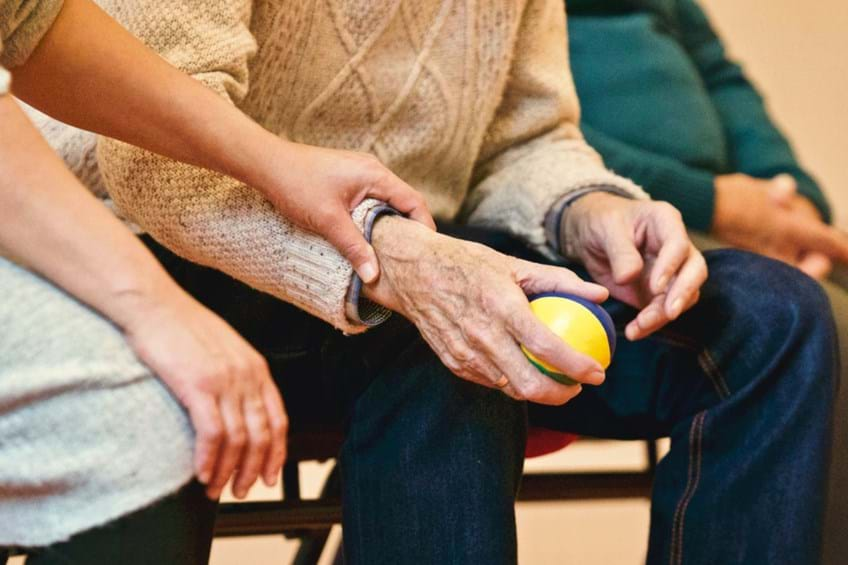A Guide to NHS Continuing Healthcare
31st October 2013
A Guide to NHS Continuing Healthcare
When a friend or relative goes into full time care, whether this is due to accident, illness or a disability, this is a stressful time for them and for those around them. For the most part the priority is making sure that the individual is receiving the care that they need however the financial issue of how they shall pay for their care usually causes background worry for everyone concerned.
There have been many newspaper articles recently pointing out that, in certain cases, the NHS should have been responsible for paying for a person’s care and that they have not done so. This had led some to recover costs back from the NHS where they should have been funded and were not.
Many enquiries have therefore come to us from individuals asking whether this can be achieved for their friend or relative and what the criteria actually is and what is meant by NHS Continuing Healthcare.
1. What is NHS Continuing Healthcare?
NHS continuing healthcare is the name given to a package of care which is funded solely by the NHS for individuals outside of hospital who have ongoing health care needs. It can be received in any setting outside of hospital such as a care home or the person’s own home.
If you are found to qualify for NHS continuing healthcare then the NHS will pay for your healthcare regardless of your income or your savings. It is not therefore means tested. If you in a care home then this will include your care home fees including board and accommodation.
2. Who is eligible for NHS Continuing Healthcare?
Anyone over the age of 18 who is determined to have a ‘primary health need’. It is not dependent on a particular disease, diagnosis or condition. A primary health need is assessed by looking at all of an individuals care needs in respect of their nature, complexity, intensity and unpredictability.
3. The Assessment Process.
The assessment process should automatically be triggered if a person is discharged from a hospital into a care home. Other triggers for the assessment should be if there is a deterioration of a person who is in a care home in order that their needs have changed significantly. If the assessment is not automatically triggered within the system it is possible for the individual to remain un-assessed even if they should qualify for the NHS Continuing Healthcare. If the family are not aware that an assessment should have taken place then no challenge will be made to the position and the individual will continue to pay for their own care.
The first step is the Checklist Tool which is a screening tool completed by health or social care staff to judge whether it is appropriate to undertake a full assessment. If this checklist indicates that a full assessment should be carried out then a team consisting of the district nurse, social worker, care home member and any other professionals involved in the care shall meet and complete a ‘Decision Support Tool’.
This looks at eleven different types of need that an individual may have to determine whether they have a ‘primary health need’. For example, mobility, nutrition, cognition and behaviour. If a primary health need is establish then NHS continuing care should be awarded.
This should be reviewed after three months and then again annually. Further assessments can be called for if it is thought that the needs have changed.
4. What if I am not eligible for NHS Continuing Healthcare?
If the individual does not qualify for the full NHS Continuing Healthcare but it is agreed that they have some needs, the NHS may still pay part of a package of support leaving the individual to cover the remaining costs.
5. What If I am not happy with the outcome?
If you feel that a full assessment should have taken place but did not, or if you disagree with the outcome of the assessment it is possible to request an independent review of the decision through the clinical commissioning group local to the individual.
6. How can Maples Solicitors assist in this process?
If you are unsure whether your friend or relative has been assessed for NHS continuing healthcare and what the outcome of that assessment was, we can assist you in uncovering this information from the care home or doctor involved.
We can advise you whether your friend or relative does have a primary healthcare need based on the criteria from a review of their records. If we believe that they do have a primary healthcare need we can assist you through the process of calling for an assessment to take place or for the appeal of an assessment to take place.
If you want advice on this subject please contact one of our Private Client Team as follows:- On 01775 722261, or email jane.mawer@maplessolicitors.com or faye.blair@maplessolicitors.com or jamie.dobbs@maplessolicitors.com



